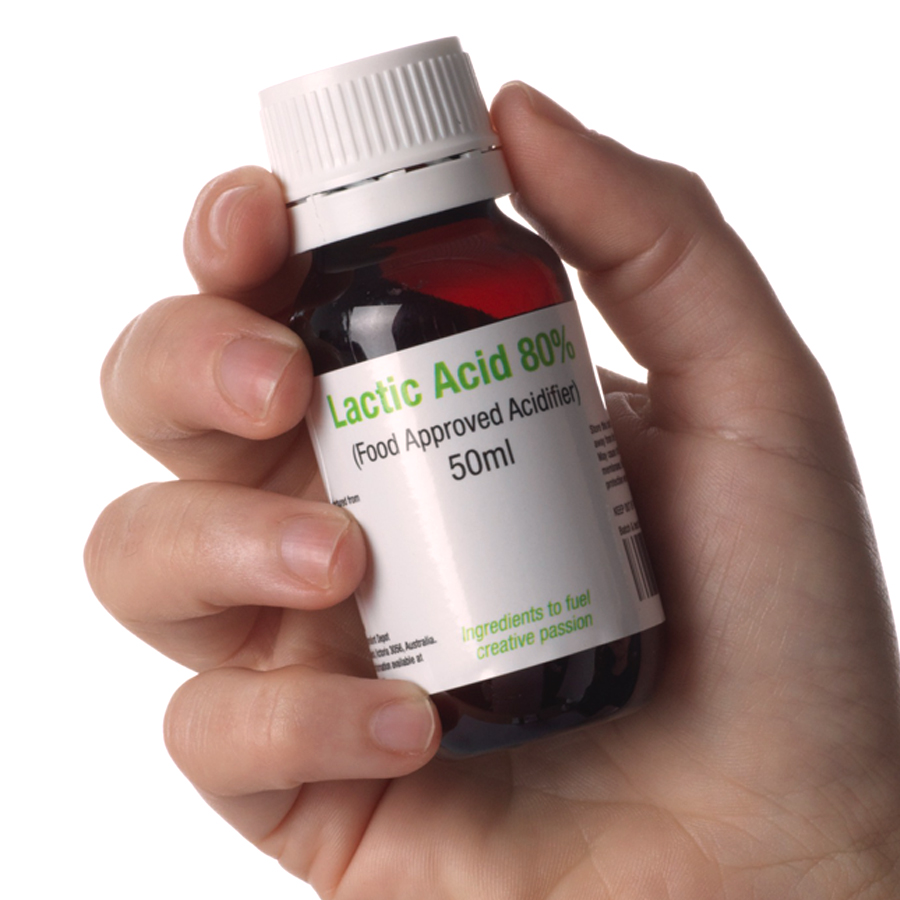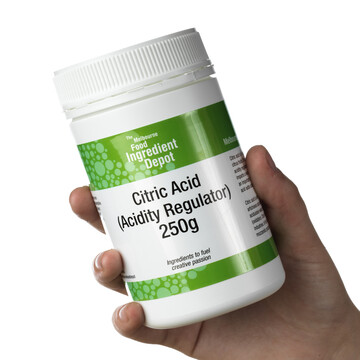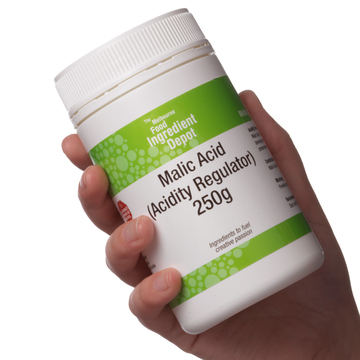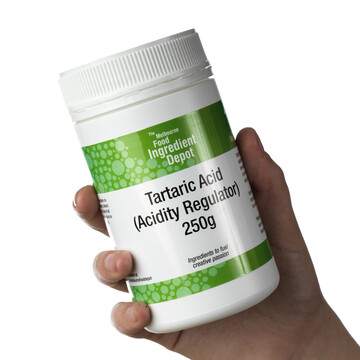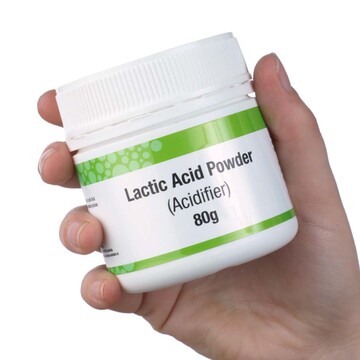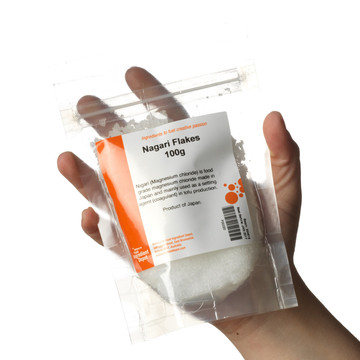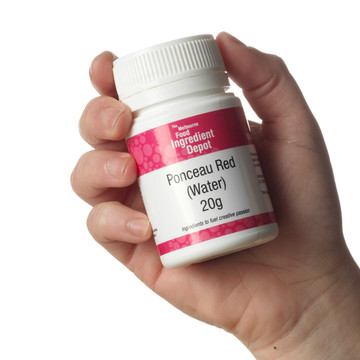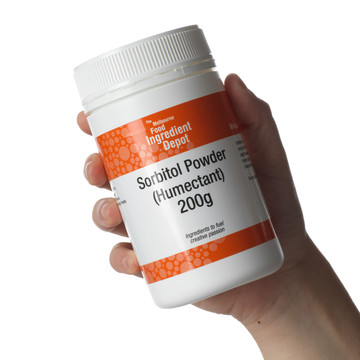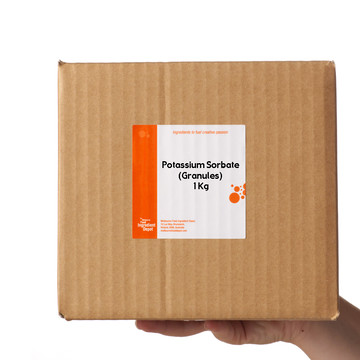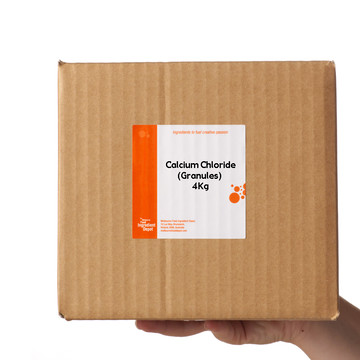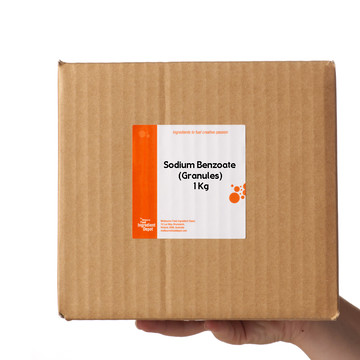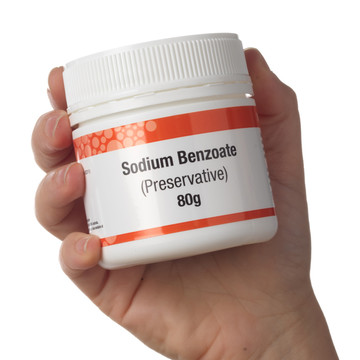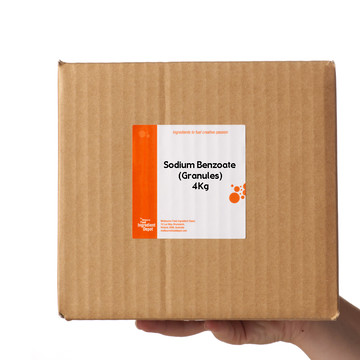Lactic Acid 80% Liquid Solution 50ml
This size is being discontinued once sold out
Rated 5/5 based on 1 reviews.Lactic acid has an anti-microbial effect and is the basis for preservation by fermentation in many food products. Lactic acid serves as a preservative, pH regulator and flavouring agent. Lactic acid is primarily found in sour milk products, such as: koumiss, leban, yogurt, kefir, and some cottage cheeses. The casein in fermented milk is coagulated (curdled) by lactic acid. Our product is naturally made by the fermentation process of glucose (carbohydrate). Lactic acid is produced natutally in the Lacto-fermentation of foods. Some examples of these types of foods are Kimchi, Sauerkraut, sour beer, tsukemono, suan cai, atsara and yoghurt.
Lactic acid is responsible for the tang that hits the mouth when eating dry aged beef.
This lactic acid is produced as natural L-Lactic acid by fermentation of carbohydrates like sugar or starch.
Lactic Acid's Chemical Formula:
C3H6O3
ionic02 Masterclass - April 2015
Lactic Acid liquid was used in the ionic02 masterclass featuring Petros Dellidis. Below is the forced pickling of beetroot using lactic acid. It was also used to make instant creme fraiche, as used on the Black to the future burger below.
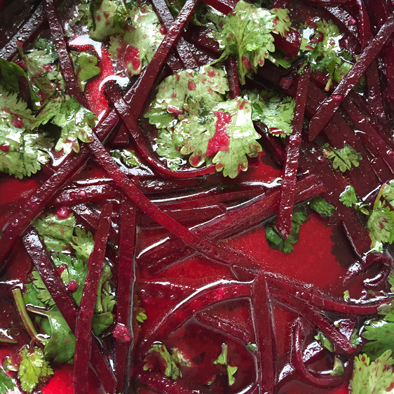
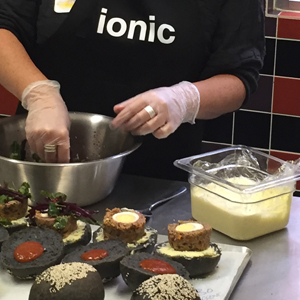
Suggested Uses for Lactic Acid Liquid 80%:
Instant Creme Fraiche:
Use lactic acid directly as the acidulant. You will also require Lambda carrageenan to thicken the cream.
Beer brewing
to lower the pH and add a bit of tartness. Naturally add in small amounts or it will become quite sour.
Cheese making & Whipped Butter
Ricotta in particular and whipped butter in combination with GDL. Ricotta Impastata, Mozzarella and Queso Blanco
Pickled Vegetables
Lactic Acid is effective in preventing the spoilage of olives, gherkins, pearl onions and other vegetables preserved in brine.
Confectionery products
such as hard boiled candy, fruit gums with lactic acid results in a mild acid taste, improved quality and longer shelf life.
Interesting non food uses for Lactic Acid
Lactic Acid is the principal building block for Poly Lactic Acid (PLA) biodegradable plastics. PLA is a biobased and bio-degradable polymer that can be used for producing renewable and compostable plastics. This product is also being used in the cosmetics industry for acne treatment.
(R01721)
Lactic Acid and Lactate
Lactic acid is a weak acid, which means that it only partially dissociates in water. Lactic acid dissociates in water resulting in ion lactate and H+. This is a reversible reaction and the equilibrium is represented below.
CH3CH(OH)CO2H ![]() H+ + CH3CH(OH)CO2-Ka= 1.38 x 10-4
H+ + CH3CH(OH)CO2-Ka= 1.38 x 10-4
Depending on the environmental pH, weak acids such as lactic acid are either present as the acid in its undissociated form at low pH or as the ion salt at higher pH. The pH at which 50% of the acid is dissociated is called the pKa, which for lactic acid is 3.86.
Under physiological circumstances the pH is generally higher than the pKa, so the majority of lactic acid in the body will be dissociated and present as lactate. In the undissociated (unionized) form the substrates are able to pass through the lipid membranes, unlike the dissociated (ionized) form which cannot.
This link will explain how to go about obtaining product paperwork
Don't want to pay for a certificate?
Then please purchase a box quantity of the product. This varies depending on the product but is usually a 25Kg container.
| SKU | R01721 |
| Country of Origin | Thailand |
| Shipping Weight (Cubic Weight) | 0.3710kg |
| Unit Of Measure | ea |
Pucker Up
27 April 2018I’ve been experimenting with this acid in my pâte de fruit as I want to achieve a very sour but solid end product. I certainly have achieved the sour taste that left my kitchen staff puckering their lips further work is required to get the ph balance correct with the citrus solid pectin so the end product has the distinct wobble. Once again the product was delivered promptly with a lot of care and love.
(5)

